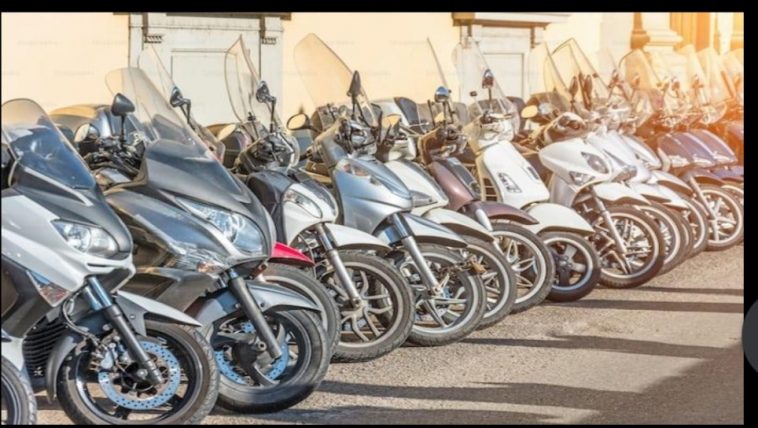The government of Uganda is working to find cleaner solutions to its air pollution issues, resulting in a collaboration with Spiro, a firm that specializes in vehicle and smart battery design.
Uganda’s government and Spiro together will set up an electric motor assembly plant in Uganda’s capital, Kampala. The construction of this plant is predicted to generate over 9,000 jobs in Uganda and make the product more affordable by utilizing localized production.
The partnership will lead to the release of 140,000 electric two-wheelers and 3,000 charge and swap stations. This is apart from the 4,500 electric motorcycles the company has already released in Rwanda, Benin, and Togo since 2022.
Uganda is looking to set an example and motivate other African nations to embrace electric mobility solutions. President Yoweri Kaguta Museveni in his year-end National address promised to distribute new electric motorcycles to commercial riders at no cost. This announcement has brought attention to Uganda as an advocate for green energy.
Edward Katumba Wamala, the Minister of Works and Transport, emphasizes that other countries are adopting clean energy solutions and Uganda should not be left behind. According to him, the adoption of electric bikes is the right step to take in improving the quality of air in the country.
Shegun Adjadi Bakari, Spiro’s CEO, and partner at the African Fund for Transformation and Industrialisation (ATIF) believe that this project will be a pivotal move in Africa, especially because it has already been implemented successfully in Rwanda Benin, and Togo. Spiro could only accomplish this feat through the help of Investors including the African Fund for Transformation and Industrialisation (ATIF) which provided over $50 million in funding for the company.
The success of Spiro’s deployment of 4,500 electric motorcycles in such a short time shows that electric two-wheelers are the future of sustainable mobility. Therefore, the partnership between Uganda’s government and Spiro is expected to cultivate sustainable mobility throughout Uganda and Africa as e-bikes are forecasted to improve air quality and generate new jobs, thus producing a positive result on the environment and the economy.
Click here to read the original article





